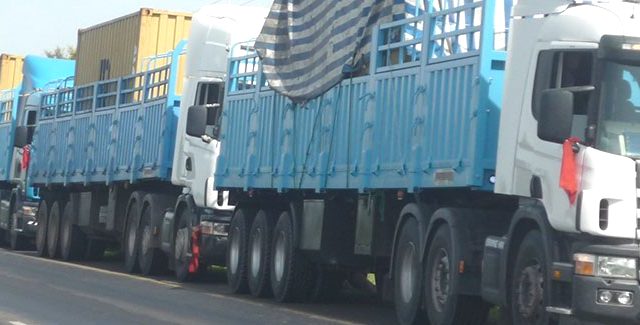The world needs fairer – not less – trade to promote shared prosperity, UNCTAD Deputy Secretary-General Isabelle Durant told participants at the largest gathering on sustainable development progress in New York on 17 July. The High-level Political Forum (HLPF) convened at the United Nations headquarters in New York from 9 to 18 July to take stock of the progress made on the Sustainable Development Goals(SDGs) and chart next steps towards a more prosperous world by 2030. Geneva-based trade trio, UNCTAD, the World Trade Organization (WTO) and the International Trade Centre (ITC), told participants at the forum that trade is a powerful means for achieving the global goals. “Trade has been a major catalyst for economic growth, both in developing and developed countries,” Ms. Durant said. She said it has lifted standards of living in developing countries by improving access to food, medicines and education, among other benefits. Bigger pie, but not divided equally However, the benefits of global trade have not been distributed equally, Ms. Durant observed. While the value of trade has increased fivefold and its volume fourfold for the past 30 years, the bottom 50% of the population has captured only 12% of the total economic growth, whereas the top 1% captured 27% of it. In 1990, world trade was about US$5 trillion, whereas in 2018 its volume reached $25 trillion. “Trade has contributed to make the pie bigger, but its shares have not been divided equally,” Ms. Durant said. She noted that some developing countries have benefitted from global trade,...
Fairer trade can strike a blow against rising inequality
Posted on: July 22, 2019
Posted on: July 22, 2019

















